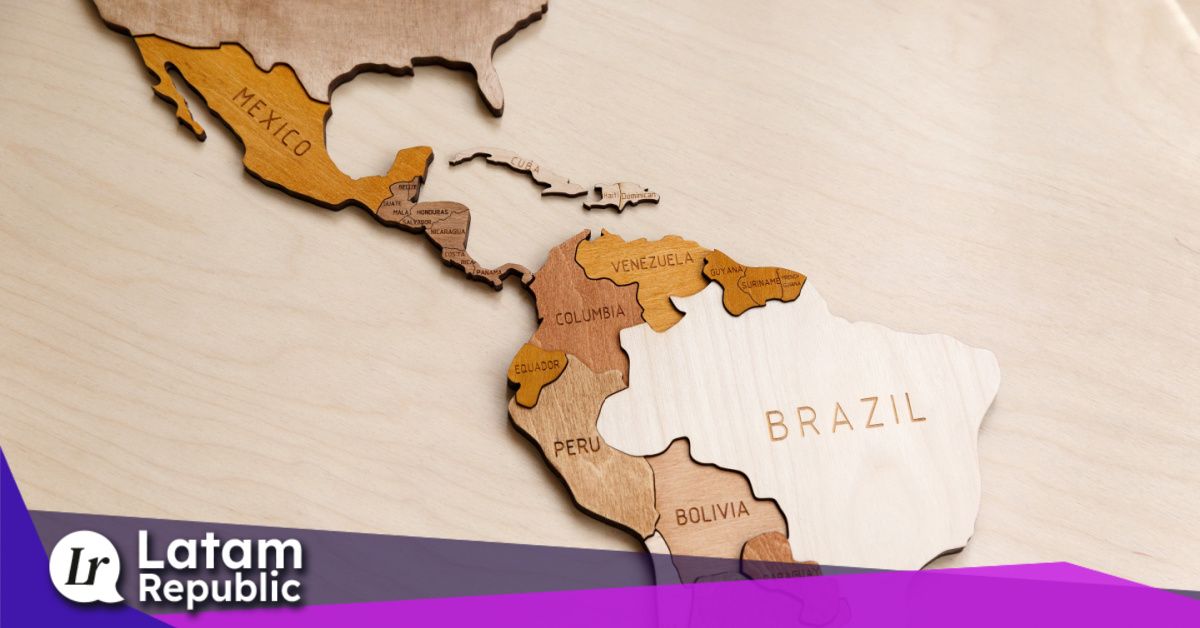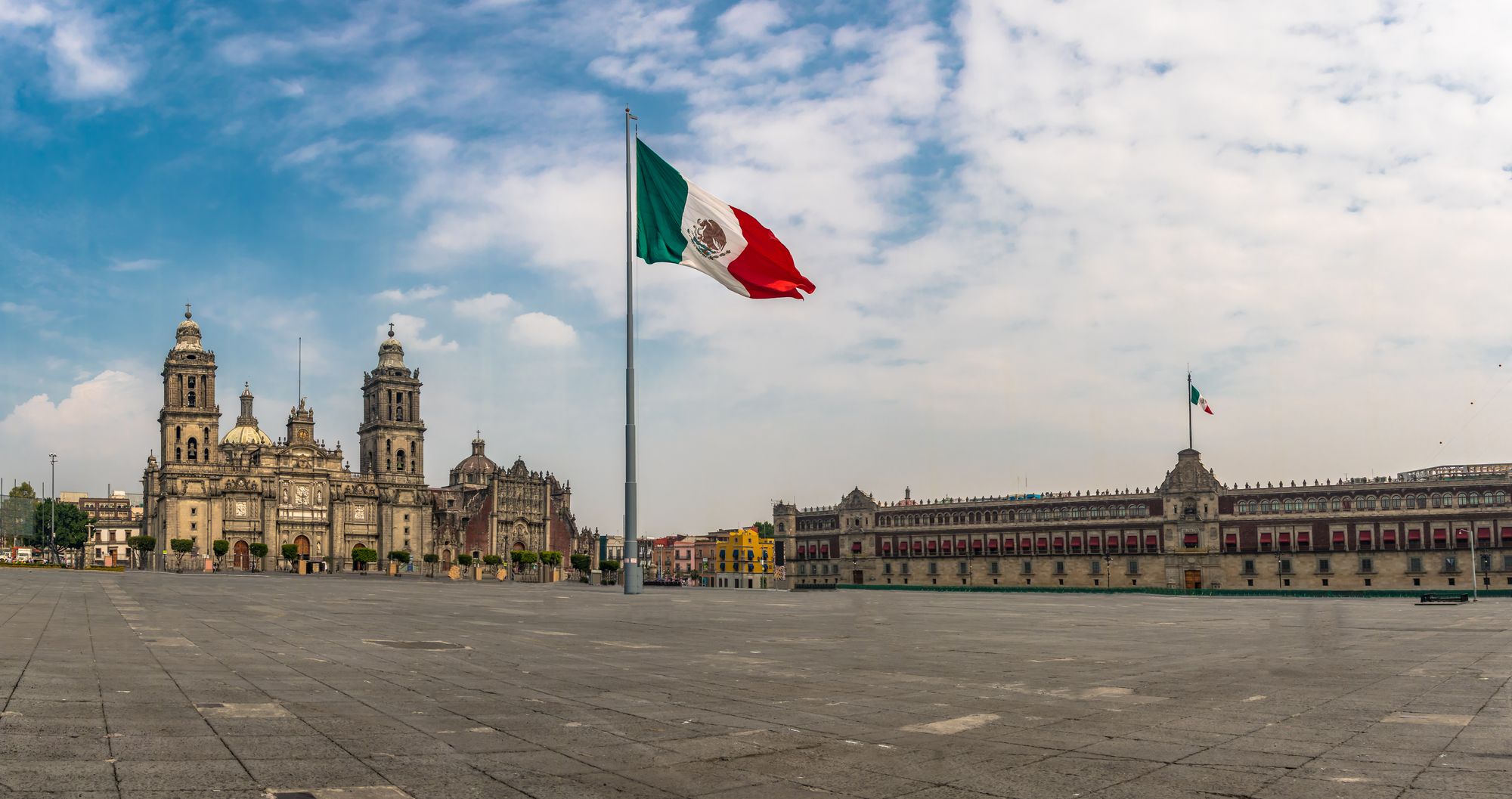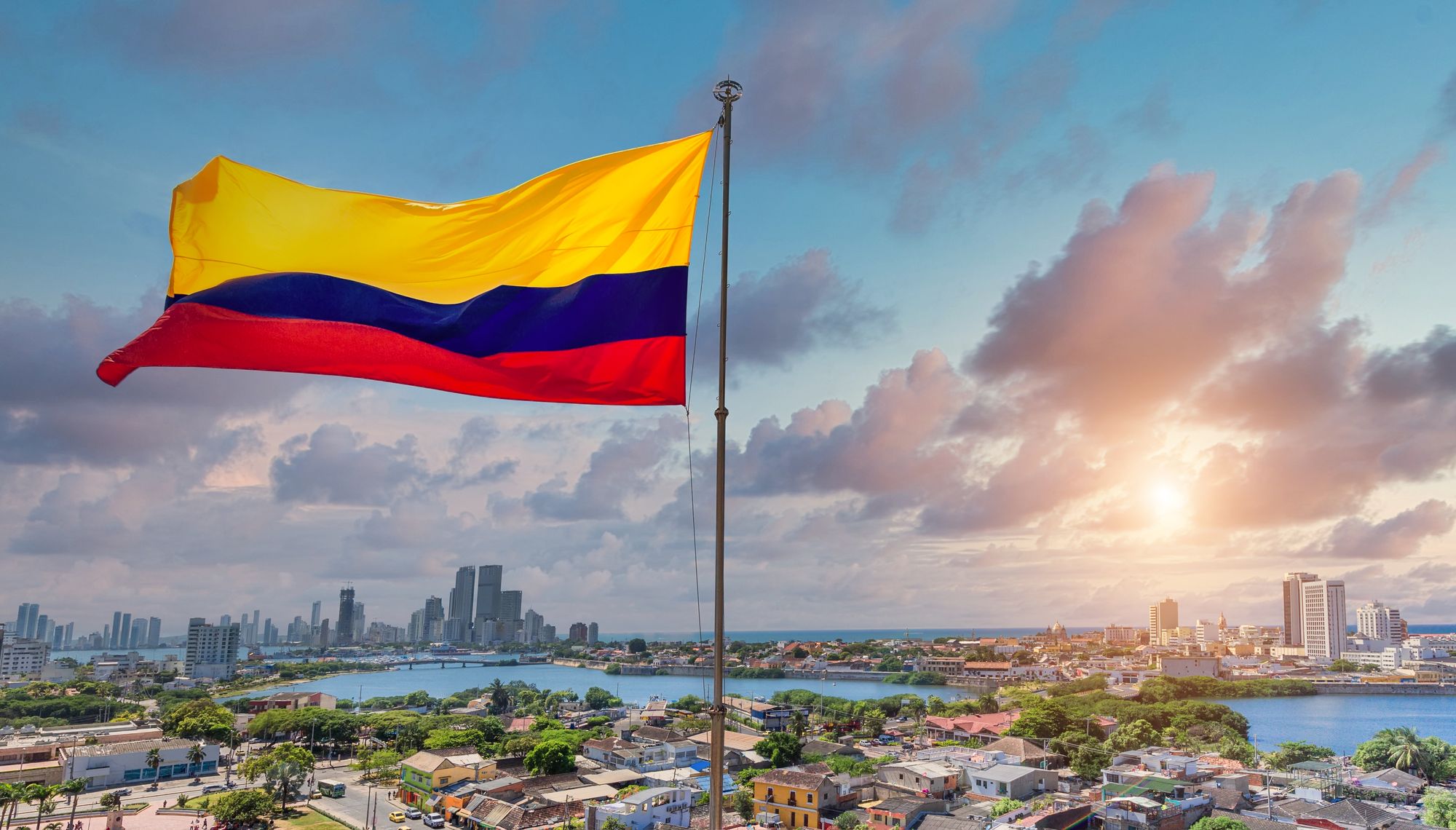Startup Legislation in Latin America: Navigating the Continent's Legal Framework

Latin America is emerging as a hub for startups, with 31 unicorns and venture capital investment exceeding $28 billion by 2022. However, this growth is no coincidence, as startup-specific laws have played a role. The legal landscape that regulates startups in several Latin American countries, and we will highlight the measures they have taken to promote innovation and entrepreneurship.
Brazil: Regulation Focused on Fintechs and Startups
Brazil stands out as the country with the largest number of unicorns in Latin America, hosting a total of 16 companies with this designation. In an effort to further boost the entrepreneurial ecosystem, Brazil has focused its efforts on the regulation of fintechs.
In 2018, the Central Bank of Brazil allowed fintechs to offer credit without the intermediation of banks, paving the way for innovation in the financial sector. A year later, a regulatory scheme for the implementation of open banking in the country was approved, which has strengthened the Brazilian financial ecosystem.
Brazil has also provided itself with a "Startup Legal Framework," approved in 2021, which aims to promote the development of emerging companies. In addition, it has established a national regulatory "sandbox", which allows entities authorized by the Central Bank of Brazil to test innovative projects related to the financial sector. One of its most recent regulations is the "Bitcoin Law," which regulates the use of cryptocurrencies in the country.

Mexico: Leading Fintech Regulation in Latin America
Mexico's entrepreneurial ecosystem is equally impressive, with eight unicorns in total, including Stori and Nowports, two fintech companies. What sets Mexico apart is its low banking penetration and preference for using cash, making it fertile ground for fintech startups.
In 2018, Mexico took a bold step by passing the "Law to Regulate Financial Technology Institutions", a pioneering regulation in Latin America that establishes clear rules on security, privacy and transparency for financial services. Since its approval, this law has evolved to include new regulations that impact the operation of popular financial societies, crowdfunding societies and electronic payment systems.
At the end of 2022, the Employers' Confederation of the Mexican Republic in Mexico City proposed the creation of the "Entrepreneurship Law," an additional boost to encourage the creation of SMEs in the country.

Argentina: Support for the Technology Sector
Argentina is home to a unicorn, fintech Ualá, which achieved this status in 2021. The country has maintained a proactive approach in supporting the technology sector and entrepreneurship, and has implemented a series of laws for startups.
The "Entrepreneurial Capital Support Law," approved in 2017, provides benefits for both investors and entrepreneurs. Another relevant law is the "Knowledge Economy Law," designed to boost the technology sector. In addition, Argentina has established the "Trust Fund for the Development of Entrepreneurial Capital" (FONDCE), allocating funds to invest alongside the private sector in growth projects. It also has the "Innovation Hub" to support the development of fintech solutions.

Colombia: Promoting Innovation
Colombia joined the list of countries with unicorns in 2022, with the fintech Habi. Innovation and growth in the fintech sector, as well as regulation favorable to entrepreneurship, have been distinctive features of the Colombian entrepreneurial ecosystem. In 2020, "Entrepreneurship Law 2069" was approved to promote innovation and help consolidate companies. Previously, a working group was created to regulate fintech in the country, establishing the conditions for the provision of financial services.

Chile: Fintech Laws to Promote Inclusion
Chile is home to two unicorns, the foodtech Notco and the insurtech Betterfly. Recently, the country approved the "Fintech Law" to promote financial inclusion and innovation. This regulation establishes a regulatory framework for companies that offer fintech services and has led to the creation of the Open Finance System. Additionally, Chile has Start-Up Chile, a state accelerator that provides support to startups that begin operations in the country.

Other Latin American countries, such as Uruguay, which has its own "Entrepreneurship Law," or Ecuador, which approved the "Organic Law of Entrepreneurship and Innovation" in 2020, also have interesting regulations for startups.
These are an example of the region's commitment to the sustainable development of its entrepreneurial ecosystem, providing fertile ground for innovative ideas and business growth measures. Knowing these regulations, the legal environment and having adequate financial support will be essential for entrepreneurs on their path to success.
